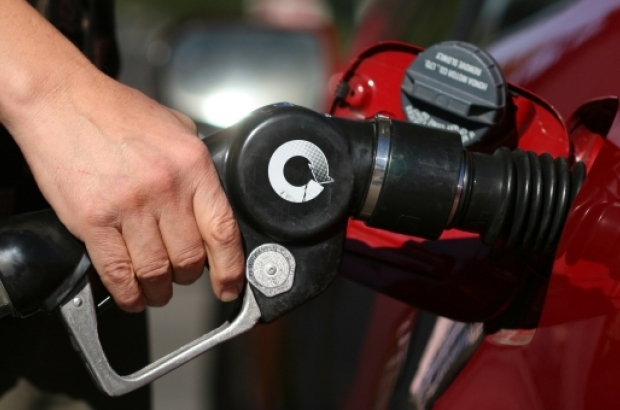- Daily & Weekly newsletters
- Buy & download The Bulletin
- Comment on our articles
Belgium’s maximum prices for petrol are “useless” says International Energy Agency
The caps on petrol prices that Belgium introduced to help consumers grappling with high energy prices are “useless”, according to the International Energy Agency (IEA).
The agency advised Belgium to abolish the system of maximum prices for motor fuels as soon as possible in a review of Belgian energy policy, De Standaard reports.
It says the current system, in which the government sets the maximum prices for petrol and diesel, hinders competition and the introduction of renewable fuels.
The sector itself is also in favour of free pricing, especially considering that the system of maximum prices was forcing petrol stations to sell fuels at a loss, despite the fact that this is prohibited by law.
The IEA’s extensive and critical report argued that in countries where such controls aren’t used, the market for motor fuels is dynamic “with no negative impact on consumers,” while diesel prices in Belgium are among the highest among IEA member states.
Belgium’s system discourages development of renewable fuels, says report
“The system of maximum prices causes administrative costs for both the government and the oil companies, while there are no clear benefits,” the IEA wrote in its report, adding that the Belgian system created a “potential barrier” to breakthroughs in more sustainable fuels.
“Although there have been successes in the energy transition, Belgium remains highly dependent on fossil fuels,” IEA chief Fatih Birol wrote in his foreword.
“According to the government, demand for them will continue to rise until at least 2030. All sectors still have a lot of work to do to meet the renewable energy consumption and emission reduction targets.”
The report contains dozens of recommendations in addition to the abolition of maximum prices for fossil fuels. Among the most pressing is that Belgium must urgently adjust its national targets to meet the European Union’s climate ambition of a 55% reduction in emissions by 2030.
The IEA also recommended a reform of energy support to vulnerable households geared more towards moving in the direction of more renewable energy consumption, and said that taxes on energy also need to be reformed.
The fact that electricity is expensive in Belgium, while gas was cheap until recently, hinders the energy transition, the IEA said.
The agency also believes that the procedures for infrastructure works are now too cumbersome, which slows down the energy transition.














